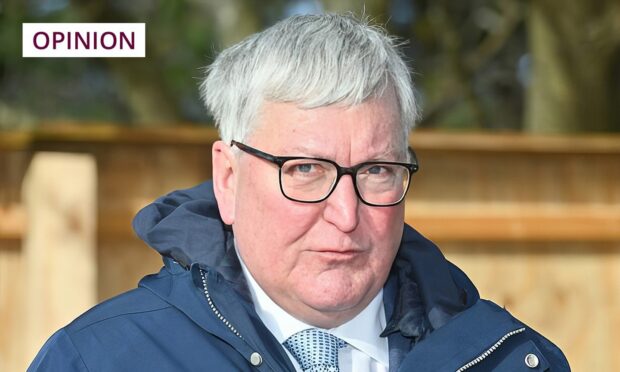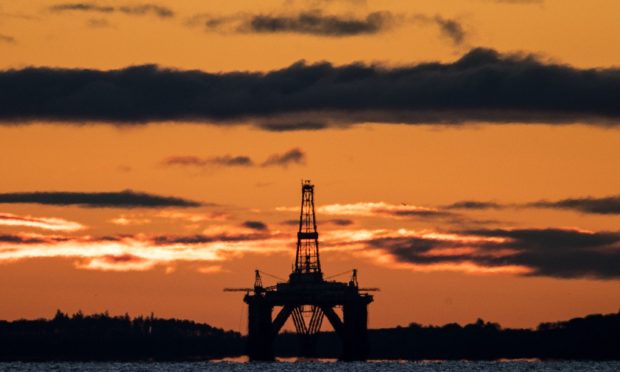It is absolutely essential that in Scotland we continue to develop our own oil and gas resources for several reasons.
First, for security of supply in an uncertain world.
Second, because if we don’t, we replace it with imports from the USA and Middle East.
Imports last year were at record levels already.
The USA mostly would provide fracked gas. The SNP approach would thus see us supporting fracking.
Abandoning our own industry would also make climate change worse, because imported gas has a far greater carbon footprint. Stopping our own production makes climate change worse, not better.
Third, because for the foreseeable future Scotland and the UK are still heavily dependent on fossil fuels. It meets about two thirds to three quarters of our energy needs.
Read more: Inside the SNP’s oil and gas problem ahead of party’s Aberdeen conference
In industry, production relies on them and will do so for the foreseeable future. Give up on oil and gas and the world ceases to function.
That cannot change, except through pre-combustion removal of carbon, through carbon capture and storage (CCS).
Fourth, because oil and gas by-products are everywhere, from clothes and household goods to anaesthetic drugs, which are mostly complex hydrocarbons.
Fifth, because it will remain a major part of our economy for decades to come.
Indeed, the latest GERS figures showed that Scotland’s share of oil and gas revenues for 2022-23 was nearly £10 billion.
Those independence supporters who would prematurely abandon oil leave a gaping chasm in the economics of independence.
With respect, anyone arguing otherwise can whistle Dixie.
Sixth, because the financial return from the sector in tax and jobs with high salaries remains enormous and simply cannot be replaced by renewables – possibly not ever, and certainly not in the timescales envisaged by the aims for a “just transition”.
Seventh, because the North Sea Transition Deal has already reduced emissions in its UK operation.
This deal is a blueprint for other producers across the world to follow.
Emissions have been cut substantially by reduced flaring, for example, and now the focus is moving to electrification of operations.
Scotland can lead the way on carbon capture and storage
Eighth, because the single most significant contribution that Scotland can make to tackle global warming is through development of our CCS technology.
That, above everything else, can make a truly global contribution to what is, after all, a worldwide problem.
That’s what Scotland can offer the world. But only if we can deploy the skills in our oil and gas industry to CCS.
We need the oil and gas industry with its skills and know-how as a bridge to CCS. Lose the skilled people and we simply lose the capacity to create CCS.
Our total carbon emissions in Scotland are just one thousandth of the world’s emissions.
So, what we do on forestry, peat restoration, electric cars, decarbonised heating and so on is worthy, but statistically irrelevant, given climate change is a global problem.
The overall tone of the debate needs to be far less emotional and more rational.
We can aim to be Europe’s carbon store which would in turn give us immense leverage in the EU, given that almost all mainland European countries have no storage capacity of their own.
Finally, the overall tone of the debate needs to be far less emotional and more rational. Anyone who, like me, sets out rational arguments very quickly gets called names, especially on social media by people who are unable to respond effectively.
The maxim is: “He in politics who plays the man not the ball does so because he is losing the game.”
Ironically, there’s far too much heat in the global warming debate. Let’s cool it.
Fergus Ewing is the SNP MSP for Inverness and Nairn. Between 2011 and 2021 he was a minister and cabinet secretary in the Scottish Government.
The SNP meets for the autumn conference from Sunday until Tuesday at the P&J Live arena in Aberdeen.
Read more on the run-up to conference on our politics pages here.
Listen to our SNP conference preview interview with SNP MP Pete Wishart on our politics podcast, The Stooshie, here.

